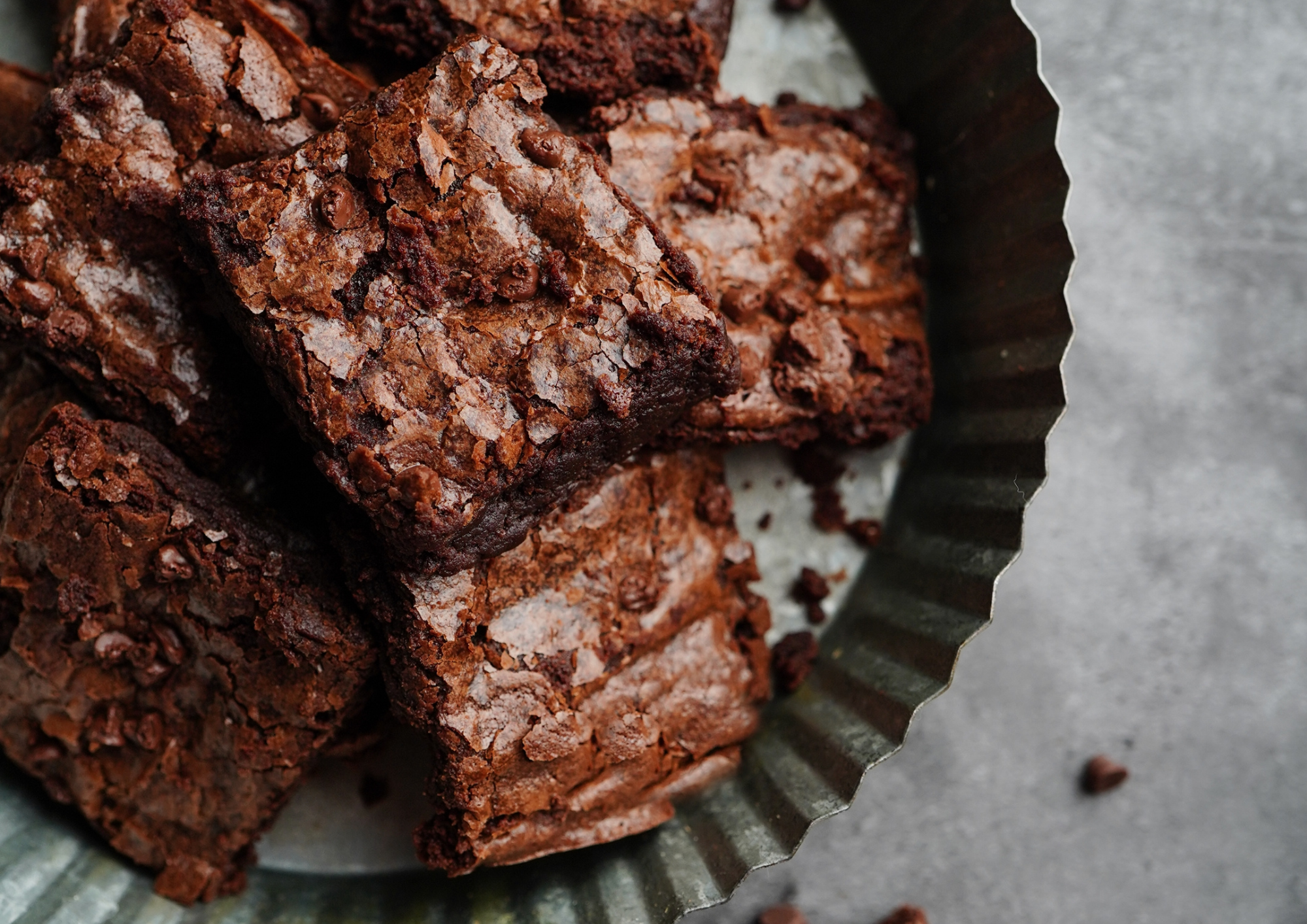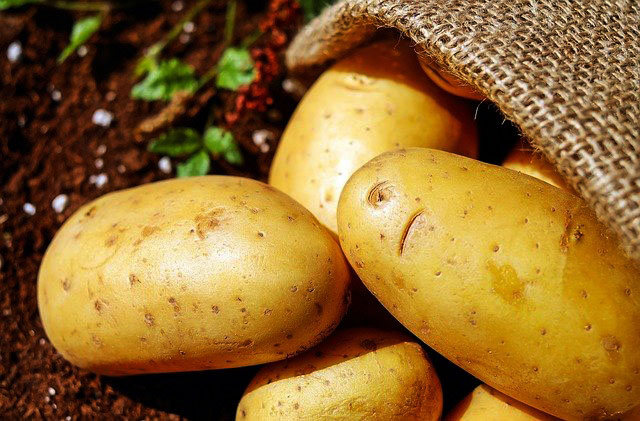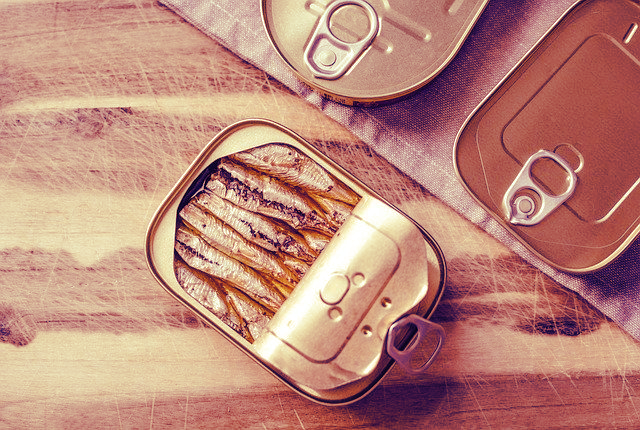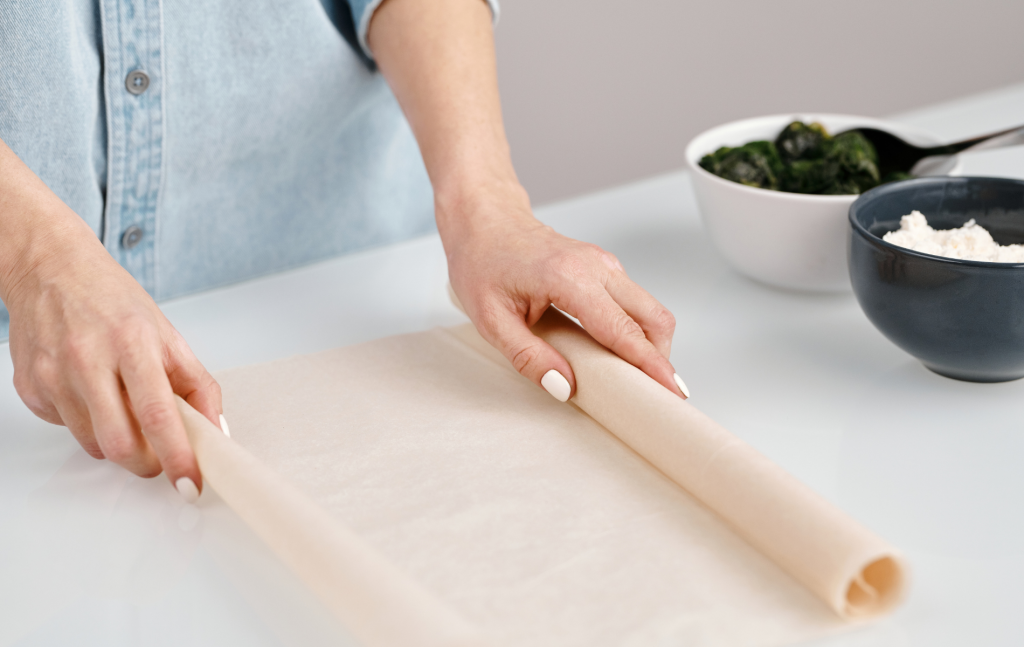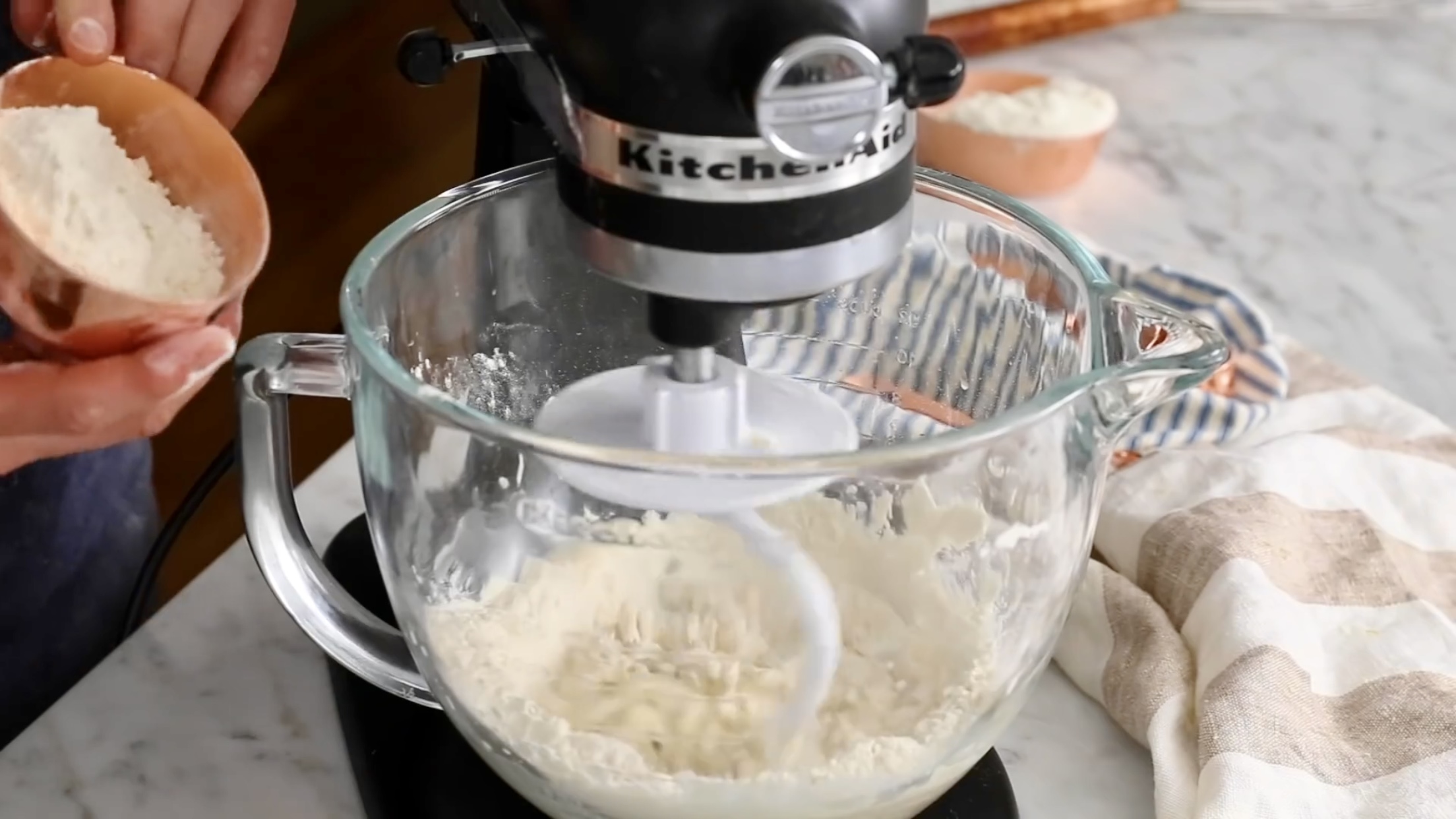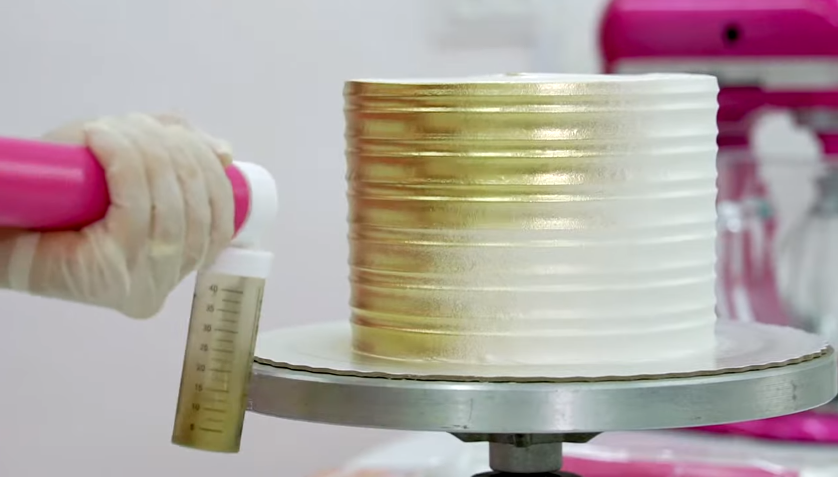Interesting how foods go in and out of style, isn't it. James Beard mentions corned pork in a couple of his books. In a variation on his New England Boiled Dinner, he suggests adding a piece of corned pork or corned tongue to the beef brisket, and letting them cook for hours. The other option was also a variation on a New England dish – Boston Baked Beans – which he turned into New York Baked Beans with the addition of "a rib piece of corned pork with bone" (and a small hot pepper).
Corning pork (like beef) has to do with salting, and was one of three methods of preserving meat before the advent of home refrigeration. Salt pellets or "kernels" were used in the process, so it became known as corning, even though actual corn was never involved. To produce corned pork, raw pork (usually a leg or shoulder) was brined in salt water, sodium nitrate, and pickling spices for as few as five days or as long as two weeks, until the meat was cured. Salt has been used in preservation for thousands of years as a means of slowing down water activity and therefore bacterial growth in fresh meats.
The other methods of preserving pork were salt drying (as with chipped beef and salt cod, the meat had to be soaked in fresh water to reconstitute it), and salt curing/smoking (such as for bacon and ham). Only the third method is still in use.
We are going out on the limb of possible political incorrectness here to guess that Jewish people saved corned beef even when refrigeration made it an anachronism – because it is delicious, and because there is such a strong heritage among Jewish families of passing food down along with their traditions. Pork was never kosher, of course, and, perhaps outside the South, pork preparations had few advocates beyond market economics. As soon as pork could be generally refrigerated, it was, and some more time-consuming methods of preservation – however tasty – fell from favor.
The ever-helpful people at the National Pork Board dug a recipe for corned pork out of their archives to share with you. It calls for saltpeter, a chemical that helps in preservation and helps produce the pink color many people expect in cured meats. The saltpeter is optional, however.
The folks at the pork board add that pork to be corned must be very lean, as pork fat is much softer than beef fat, and it does not "eat well" after long brining.
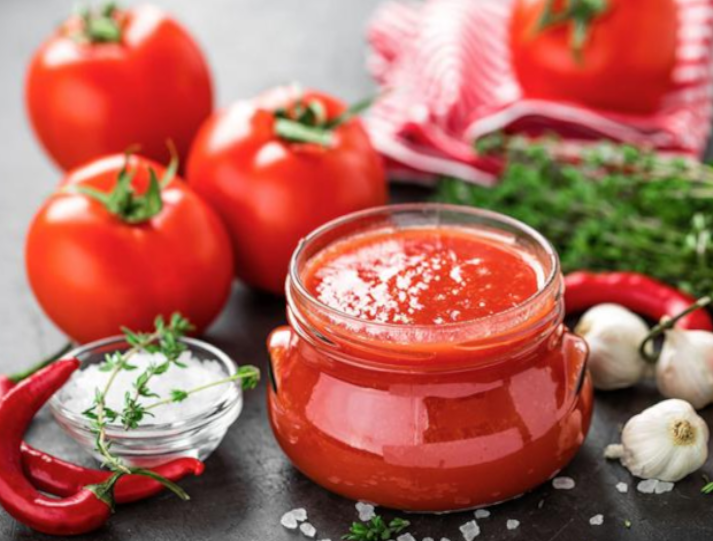
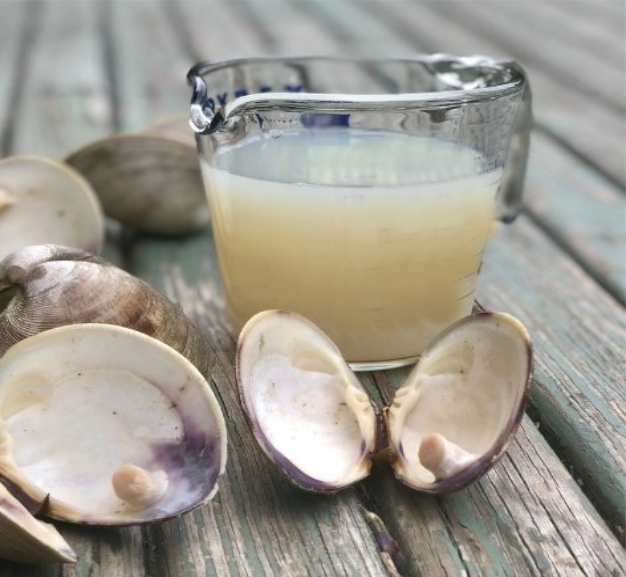
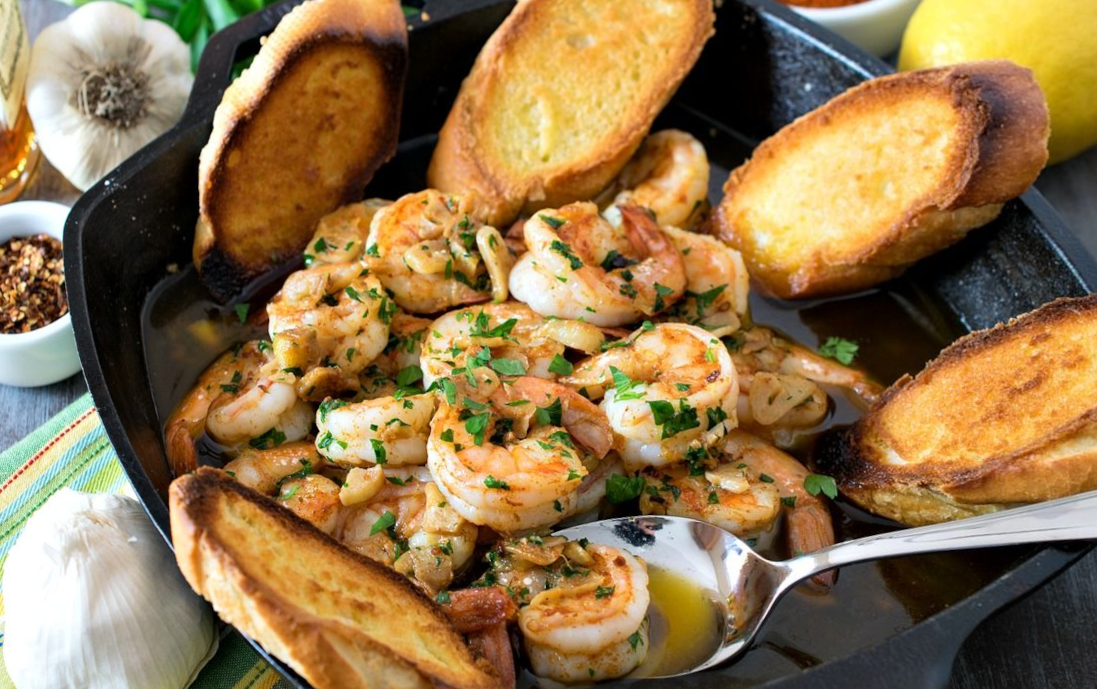

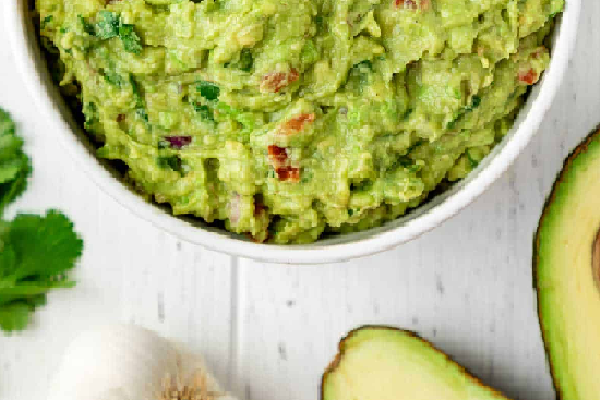
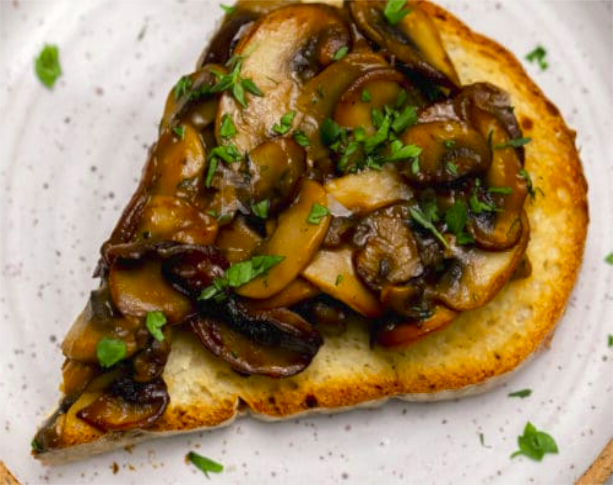
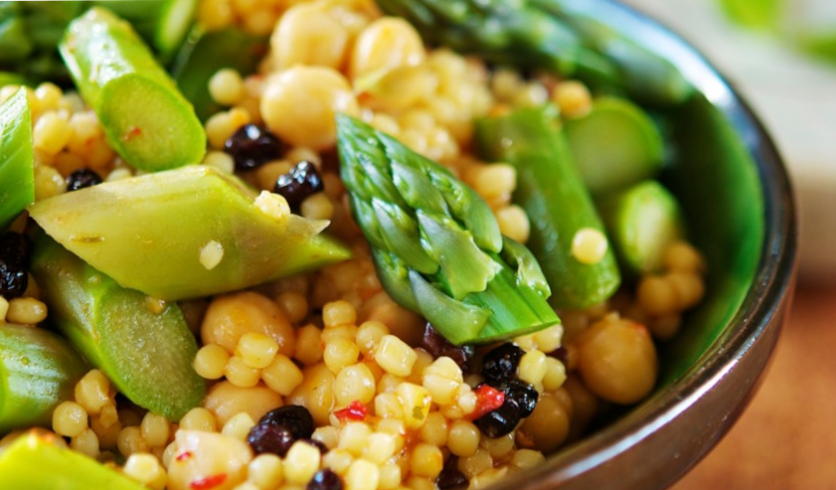
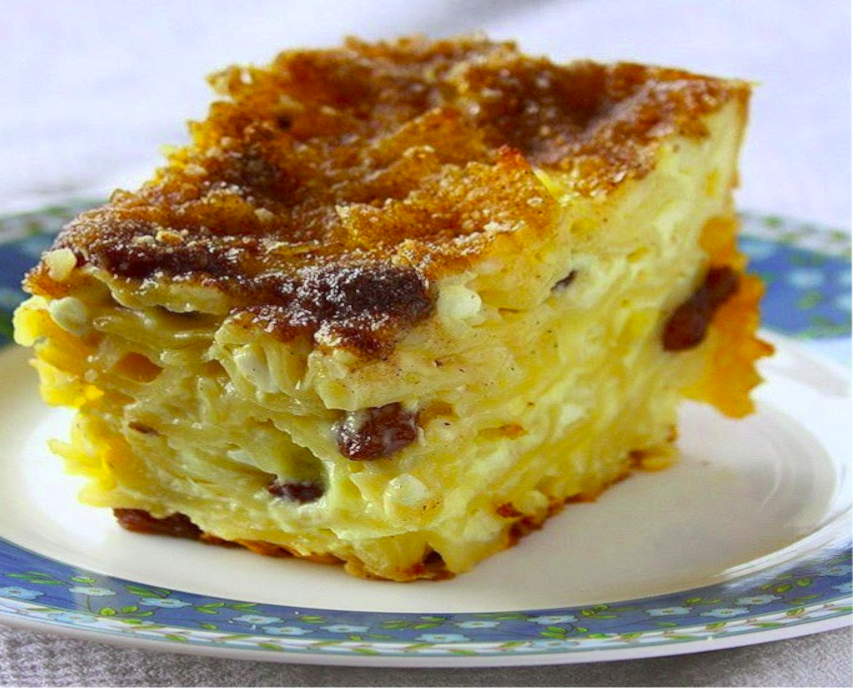
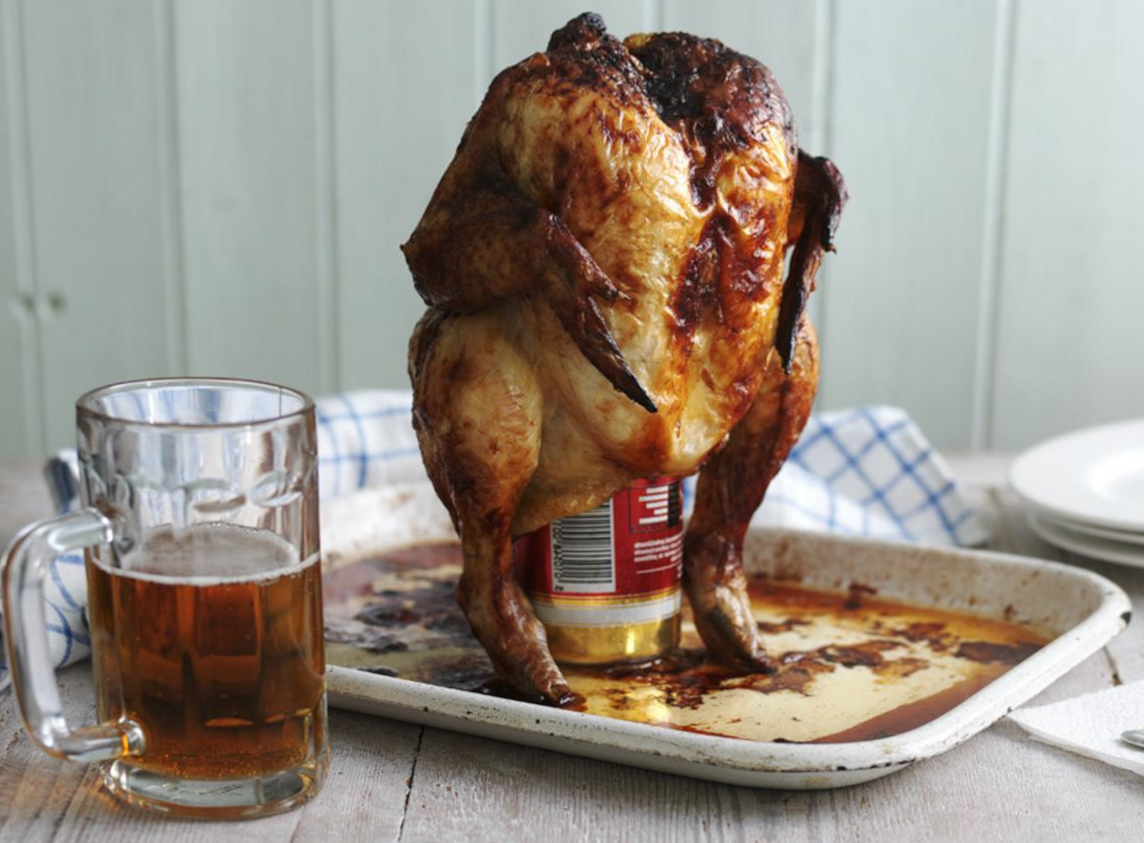





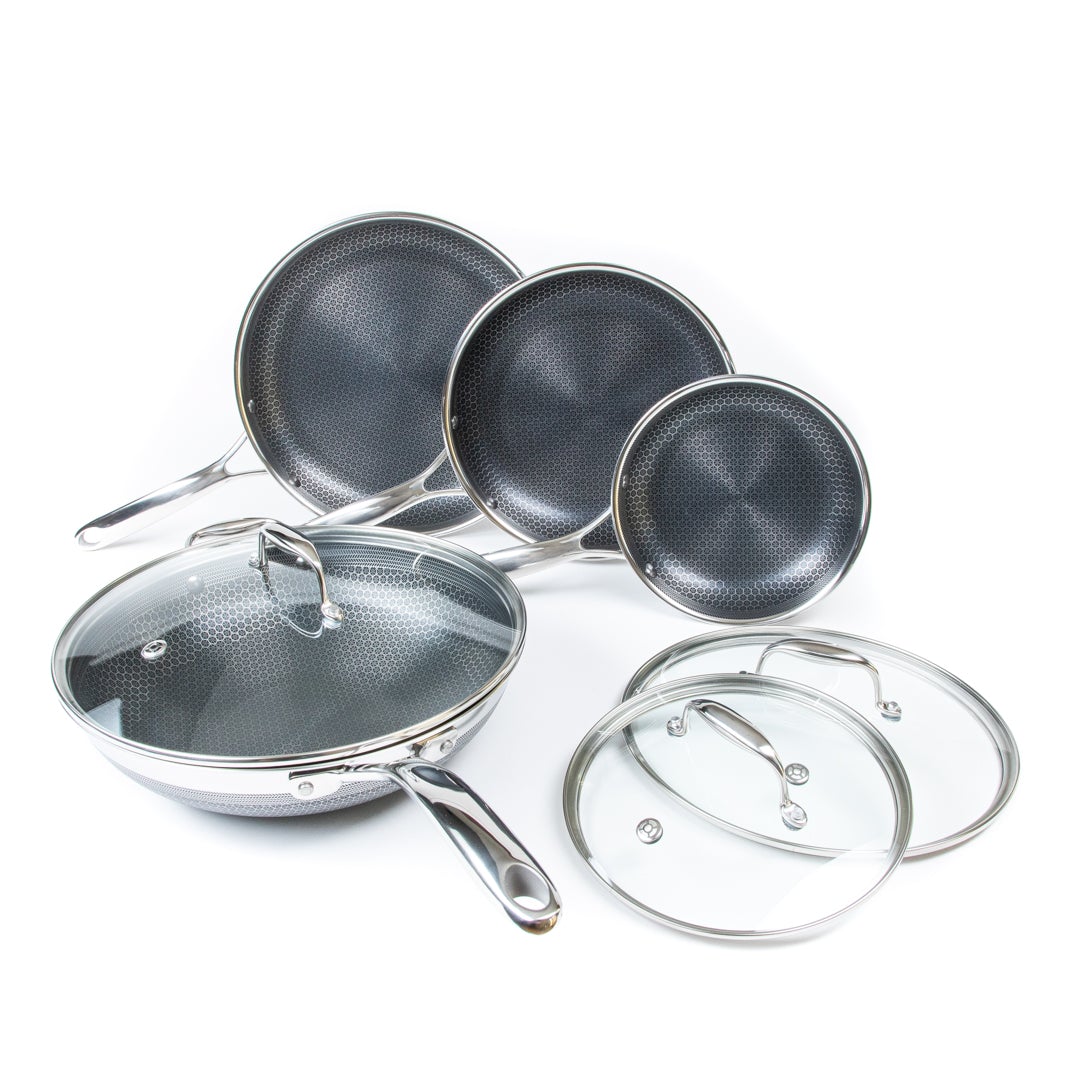
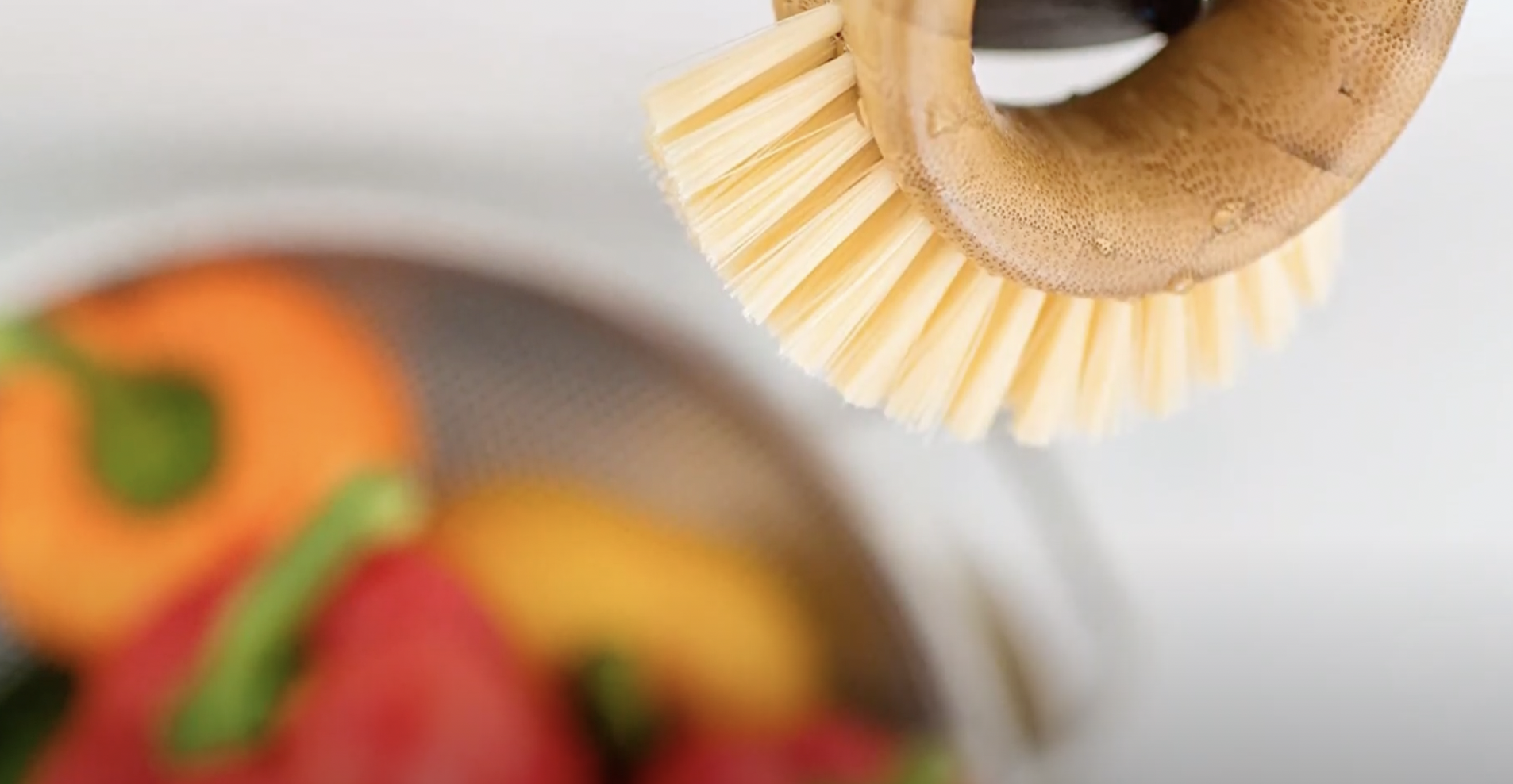

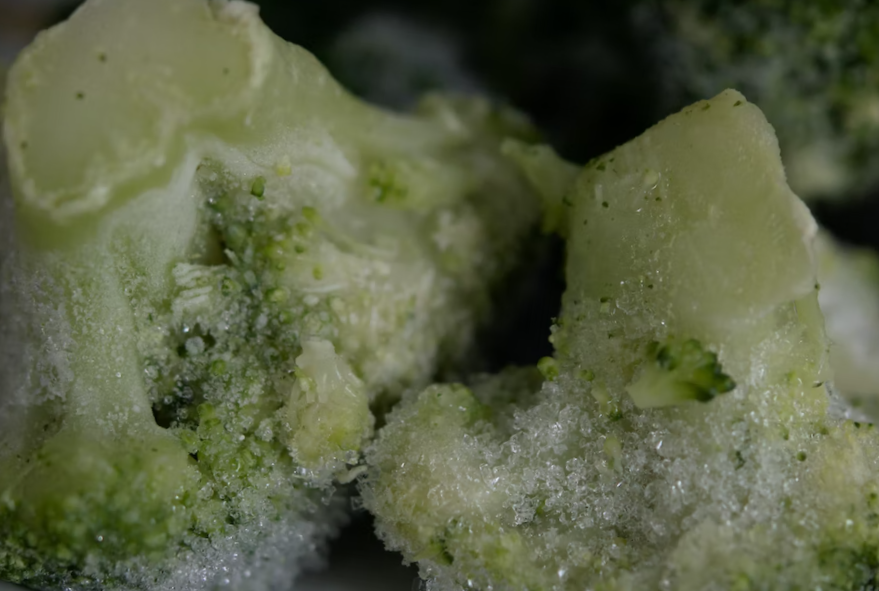



![Can you Cook Eggs in the Microwave? [Complete Guide]](/assets/images/c1f79d1cad59f18f9b5dc31403bd0eb2.png)
